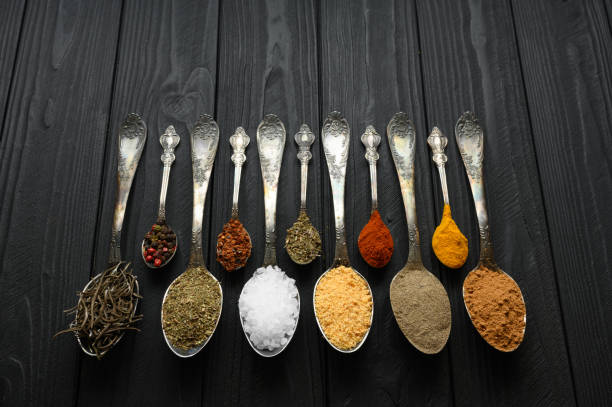

How to Handle Police Enquiries About Medical Cannabis in Canada
Medical cannabis is legal across Canada, and as a patient, you have the right to possess, carry, and use your medication as prescribed by a healthcare professional. However, while awareness continues to improve, some law enforcement officers may still be uncertain about the specific rights of registered medical cannabis patients — particularly when it comes to possession limits or home cultivation.
Most patients who use medical cannabis as prescribed go about their daily lives without any problems. Still, being prepared can help you handle police interactions confidently and respectfully. This guide explains what to do if you’re questioned by authorities about your prescription, your possession amount, or your medical grow licence.
What to Do If Questioned by Police About Your Medical Cannabis Prescription
Medical cannabis is legal in Canada when authorized by a doctor or nurse practitioner and used under the Cannabis Act and Access to Cannabis for Medical Purposes Regulations (ACMPR). While it’s rare for registered patients to be stopped or questioned, being ready can make the experience much smoother.
Here’s what to do if approached by law enforcement:
- Stay calm and cooperative. Your goal is to clarify, not argue.
- Keep your medicine in its original container with the pharmacy or producer label intact.
- Carry photo ID that matches your prescription or Health Canada registration.
- Have a copy of your medical document or registration certificate (for those authorized to produce cannabis).
Medical cannabis patients are allowed to possess more than 30 grams — the recreational limit — if their medical authorization specifies a higher amount. You can carry 30 days of the daily amount you're prescribed or 150 g, whichever is less. Politely explain this if questioned, and show your documentation to confirm your legal status.
If you’re authorized to grow your own plants, it’s important to carry your Health Canada registration certificate whenever you’re transporting cannabis or transferring it between your grow site and residence.
Understanding Plant Limits and Penalties
Without medical authorization, Canadians are only allowed to grow up to four cannabis plants per household for recreational use. Growing more without a licence is considered illegal production, even if it’s for personal medical reasons.
The penalty for growing more than four plants in Canada can include large fines or criminal charges — and in severe cases, up to 14 years in prison, depending on the scale and intent to distribute. To stay compliant, ensure your personal or designated grow licence is active and that your plant count does not exceed the amount authorized on your Health Canada certificate.
You can use the GrowLegally ACMPR plant calculator to estimate how many plants you’re legally allowed to cultivate based on your daily dosage and whether you’re growing indoors or outdoors.
What to Do If Police Do Not Accept Your Documentation
In most cases, presenting your medical document or registration certificate is enough to confirm your legal authorization. However, if your documentation is questioned or seized:
- Remain calm and ask for clarification.
- Contact your medical clinic immediately to verify your authorization.
- Follow legal advice. If the matter escalates, a lawyer can communicate with authorities on your behalf.
Your documentation — whether from a licensed producer or a Health Canada registration letter — serves as proof of your legal right to possess and use medical cannabis.
If You’re a Veteran or Medical Grower
Veterans and long-term patients using cannabis for chronic pain, PTSD, or anxiety may have higher possession limits or authorization to grow their own medicine. GrowLegally provides free assistance for veterans, helping them obtain their medical cannabis authorization, apply for a personal or designated grow licence, and renew their registrations with Health Canada.
Conclusion
For most medical cannabis patients, interactions with law enforcement are rare — and when they do occur, a calm approach and proper documentation make all the difference. Remember: your prescription or registration certificate is legal proof of your authorization.
If you ever find yourself uncertain or need support verifying your documentation, GrowLegally is here to help. Our experienced patient educators and compliance team can guide you through your rights, documentation, and licence verification, so you can feel confident and protected every day.
Previous Post
Next Post

Storing Medical Cannabis – Learn how to properly store your cannabis and keep its potency strong.
Go To Post
Before Acquiring Medical Marijuana, Here Are 2 Questions That Your Doctor Is Likely To Ask You (Plus a Bonus One!)
Go To Post

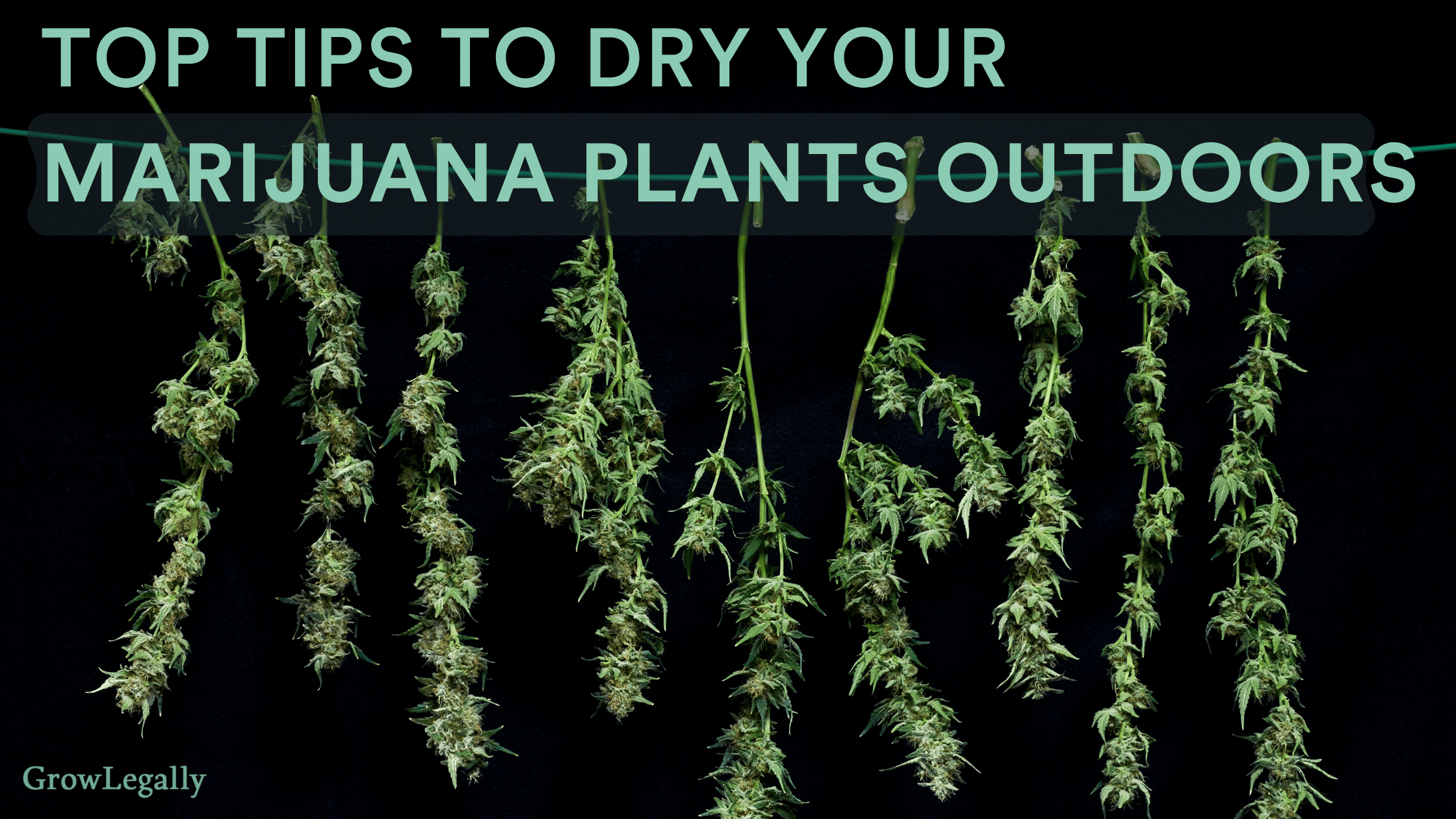
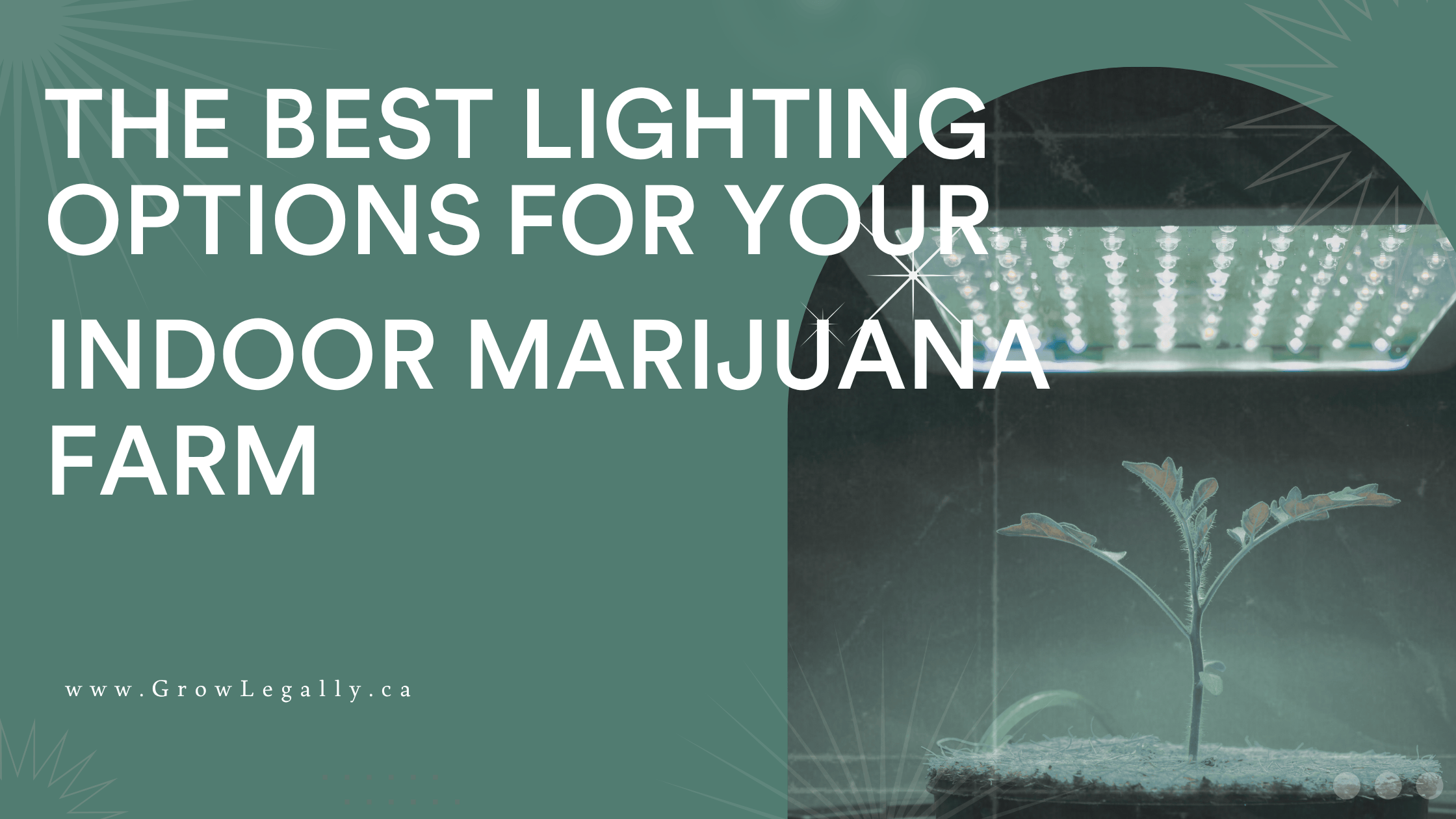
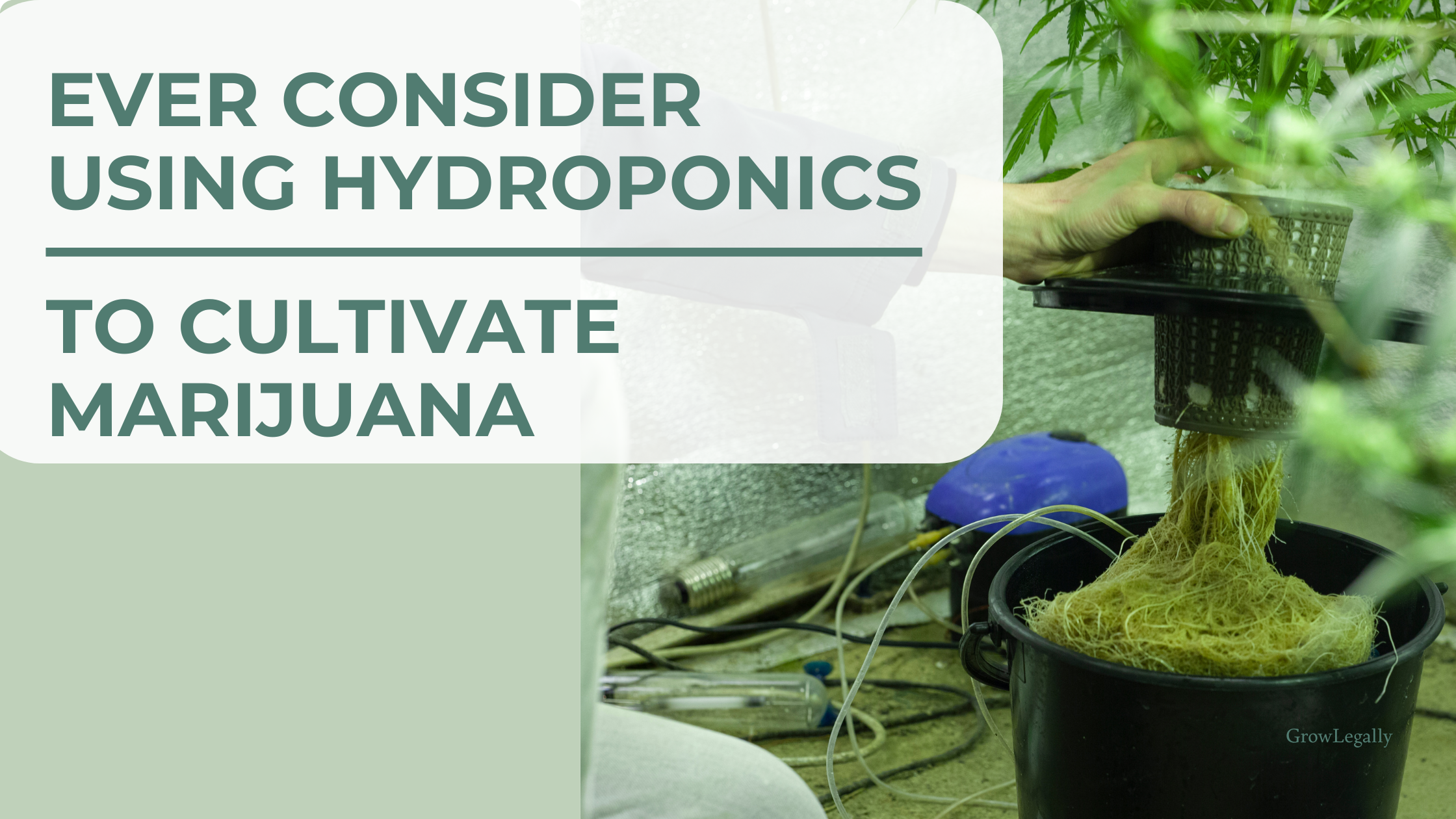
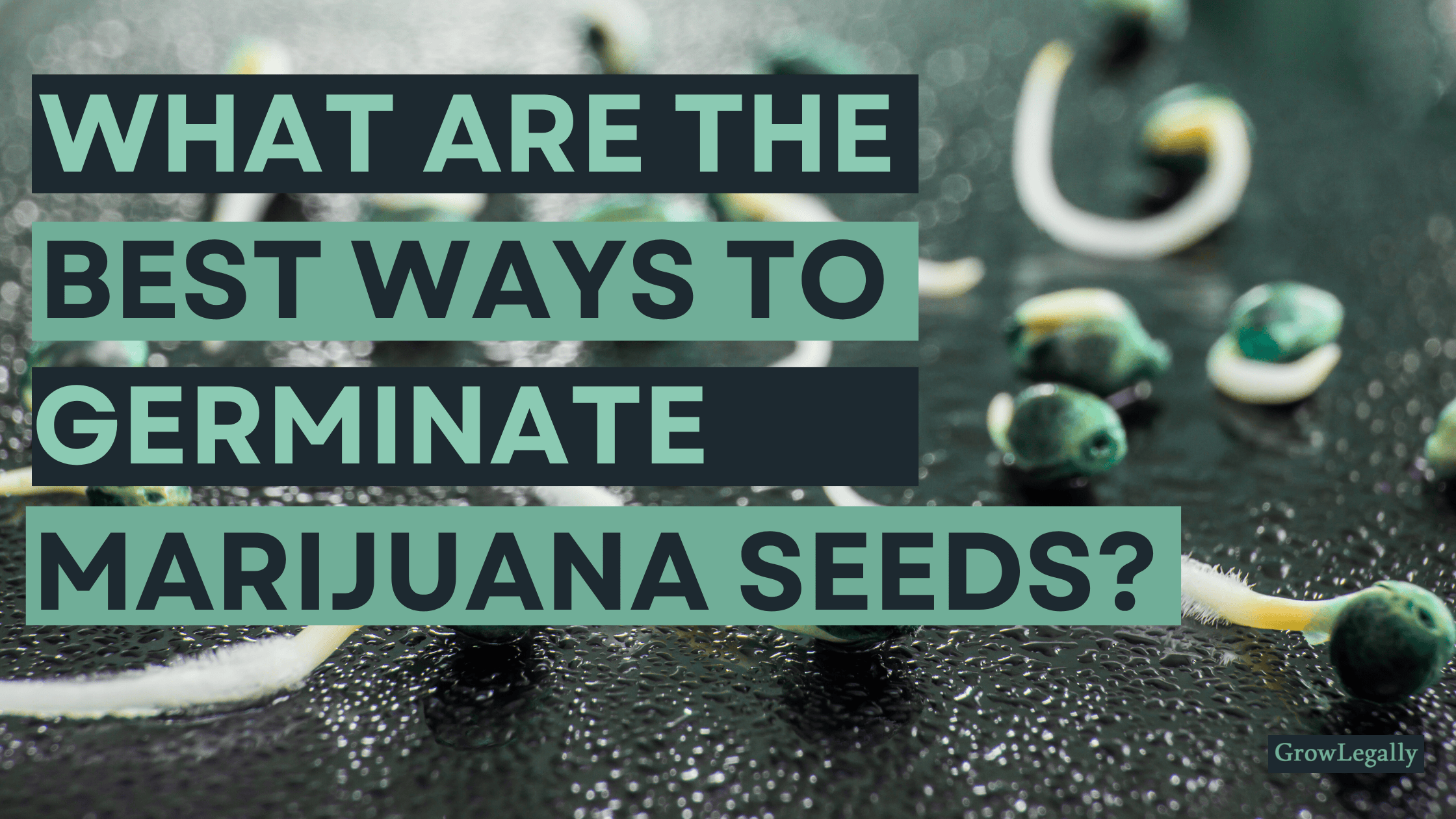
.png)
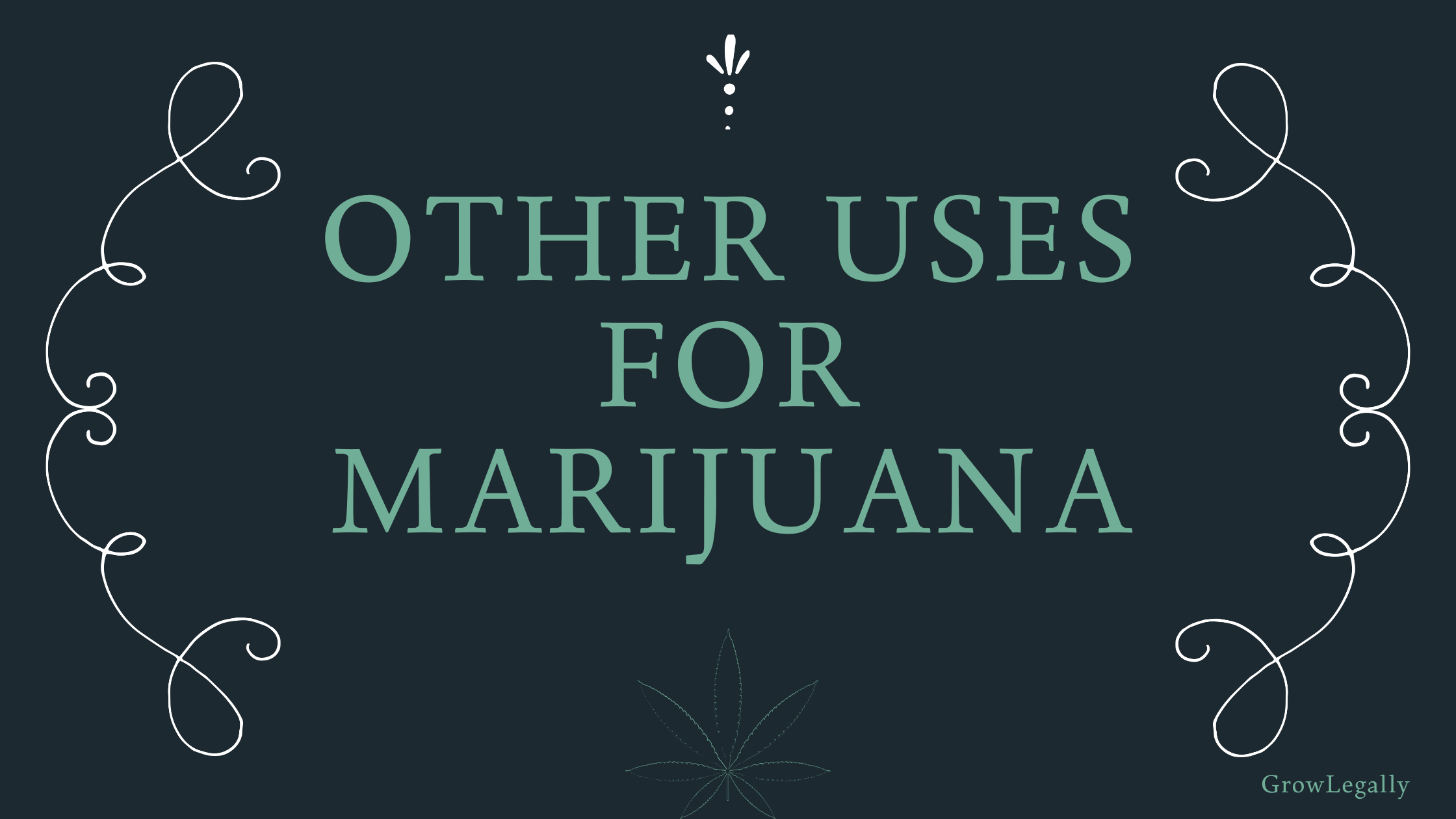

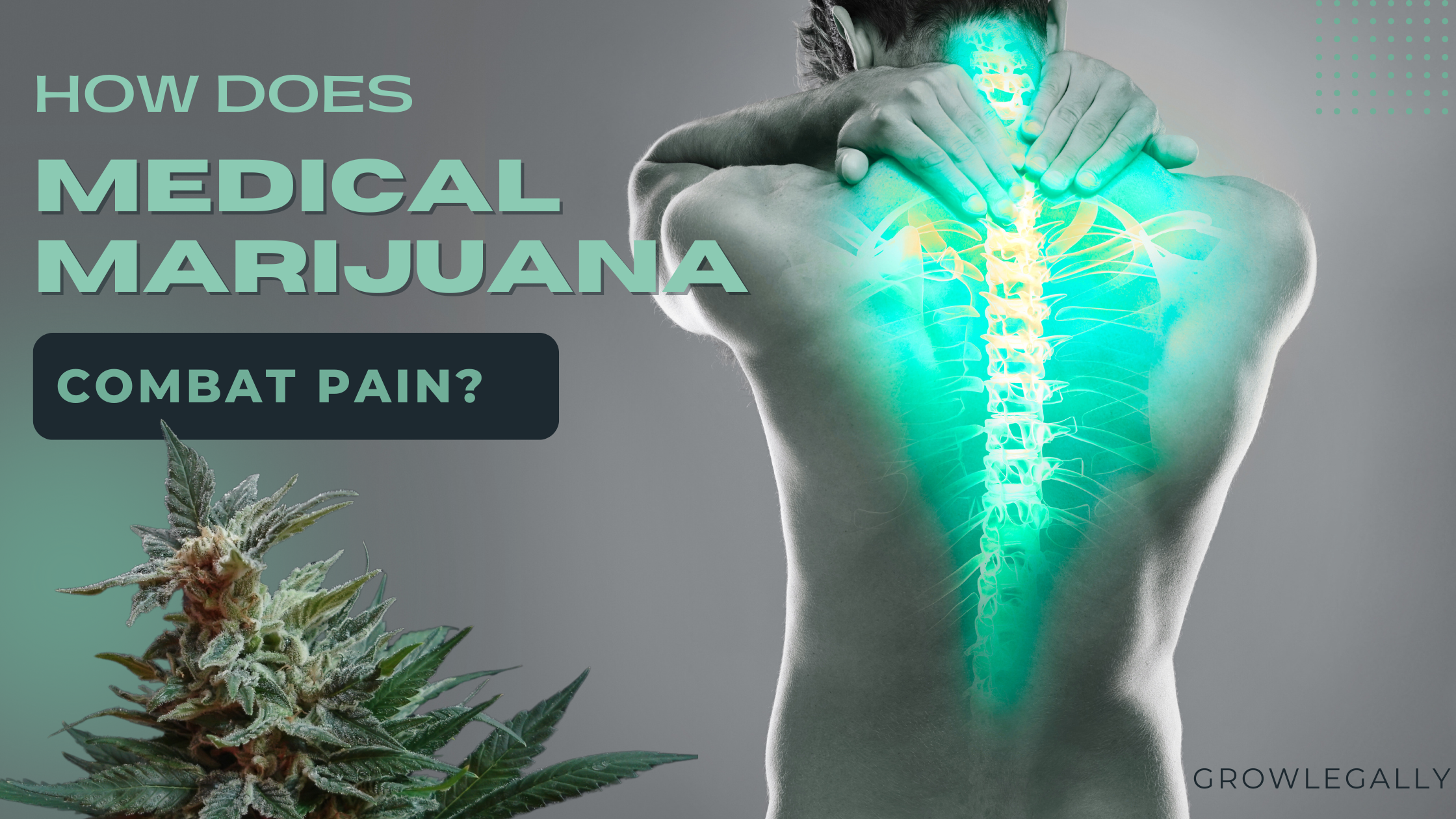
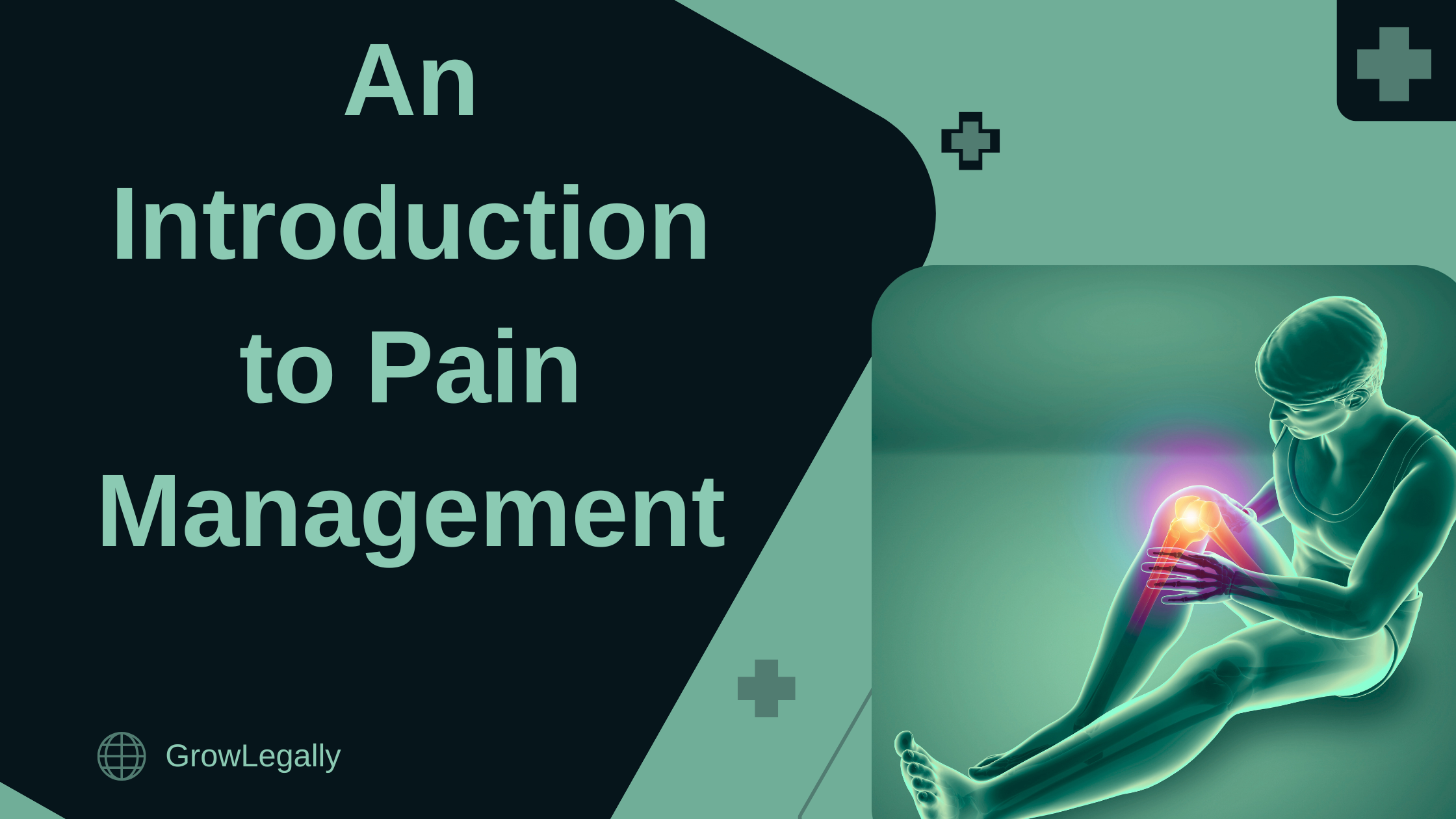
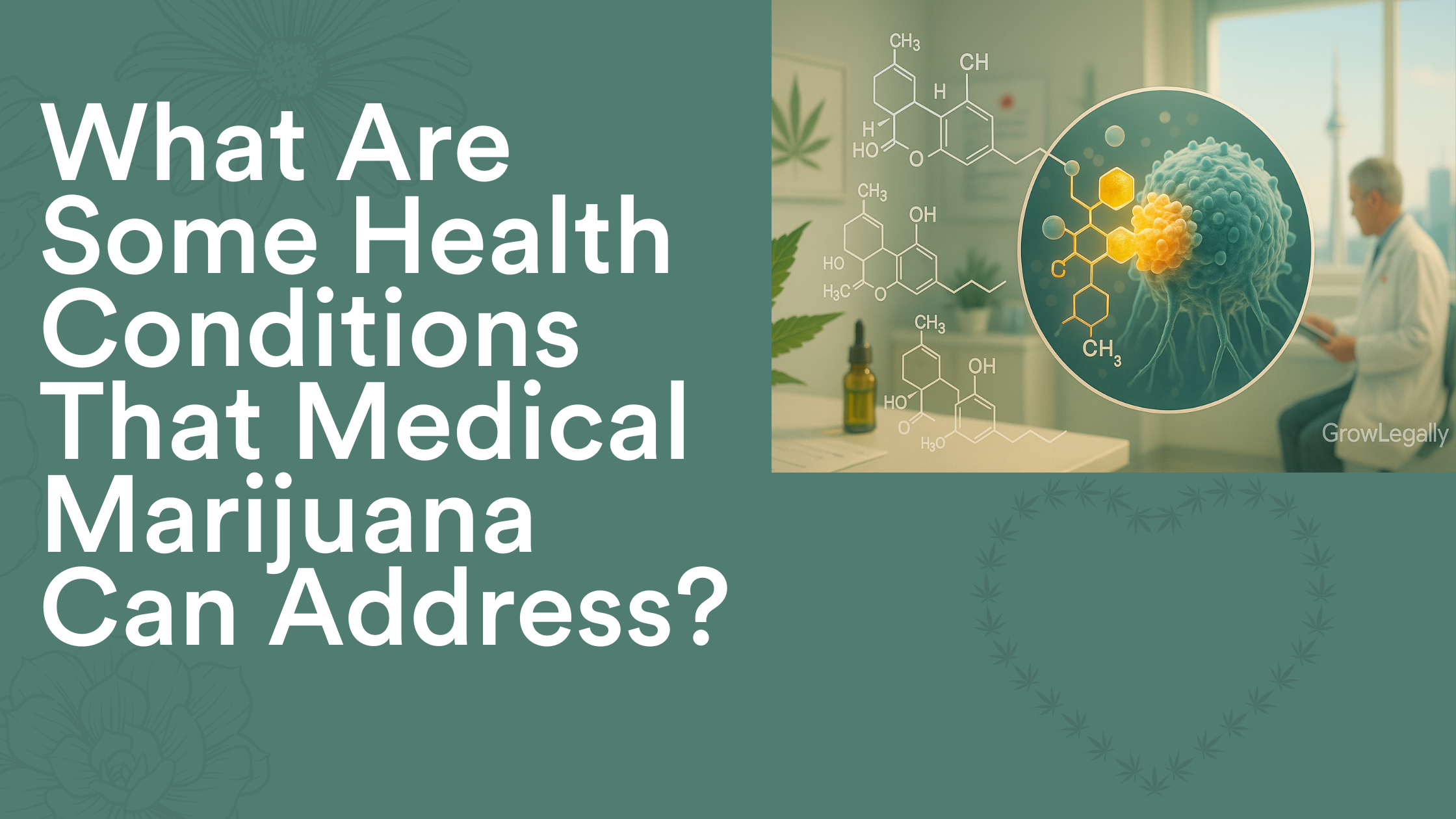
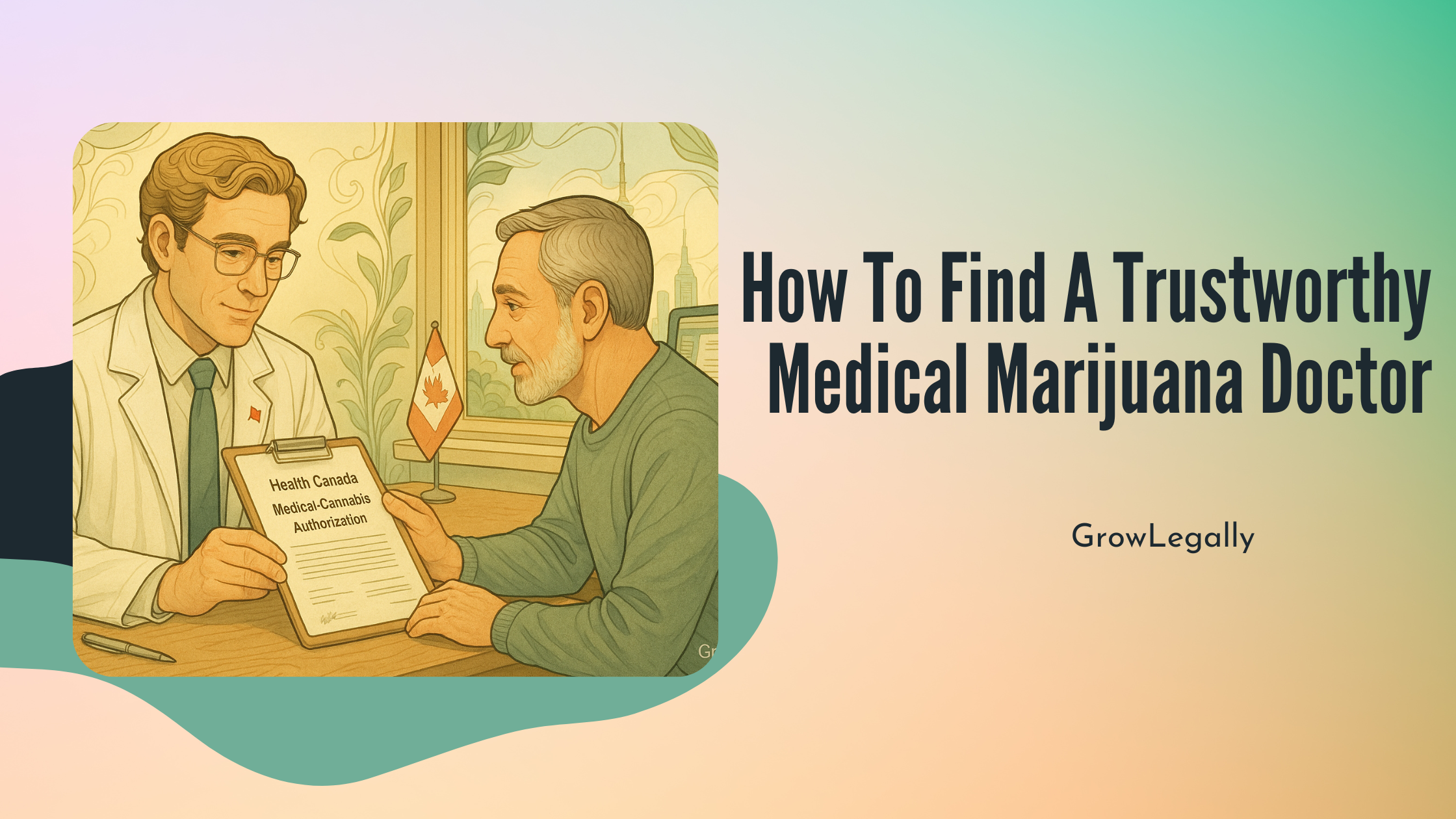
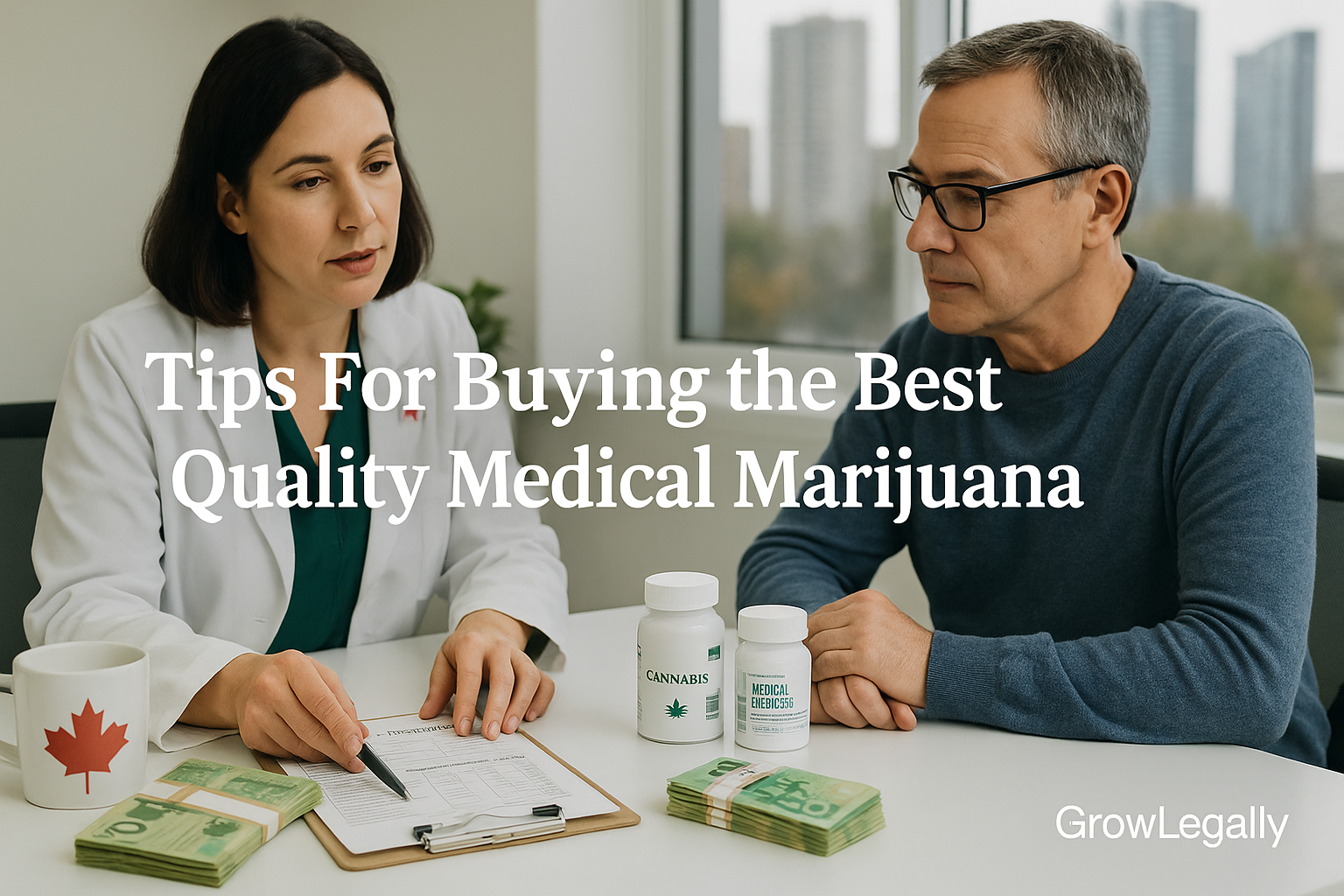
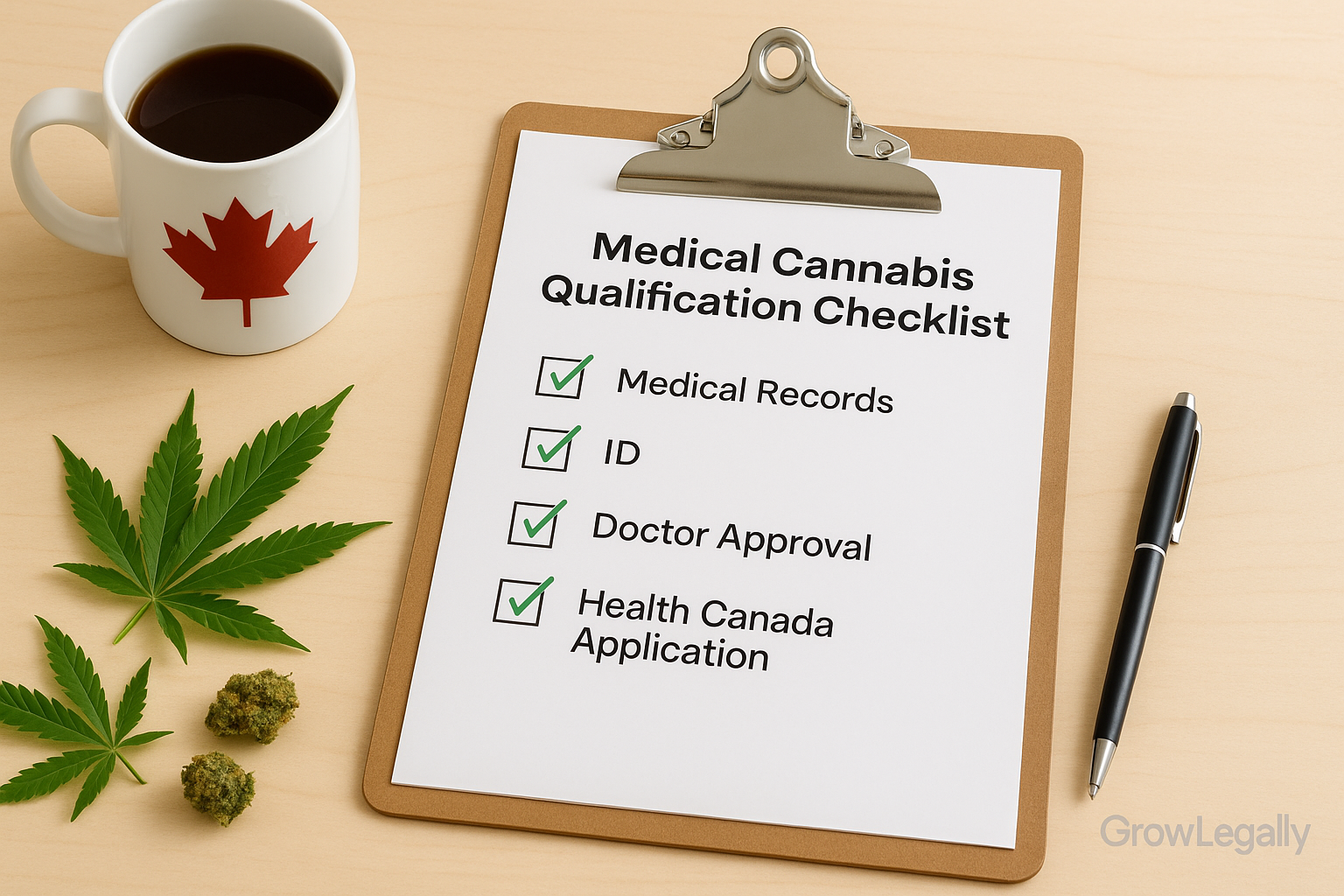
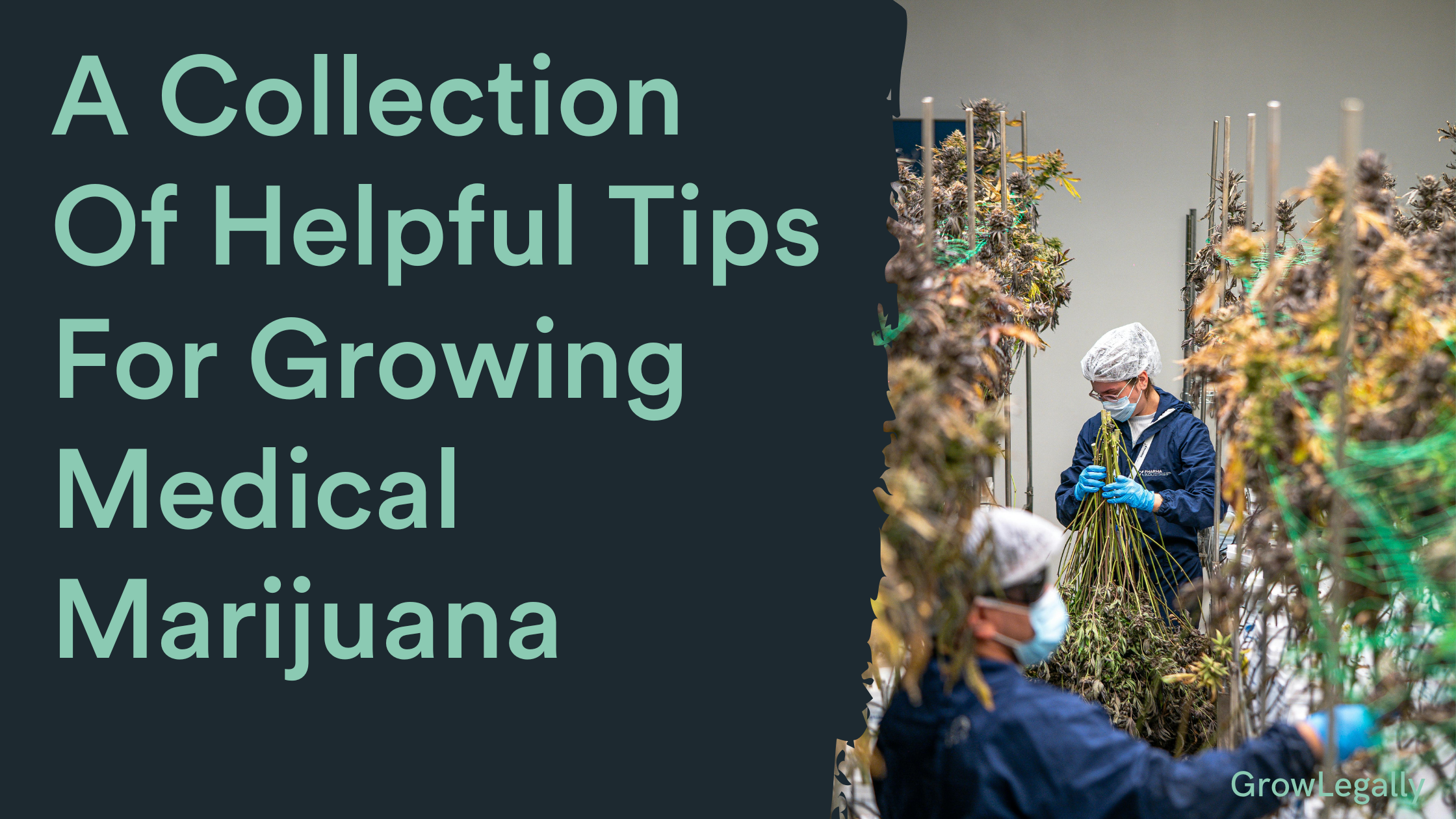
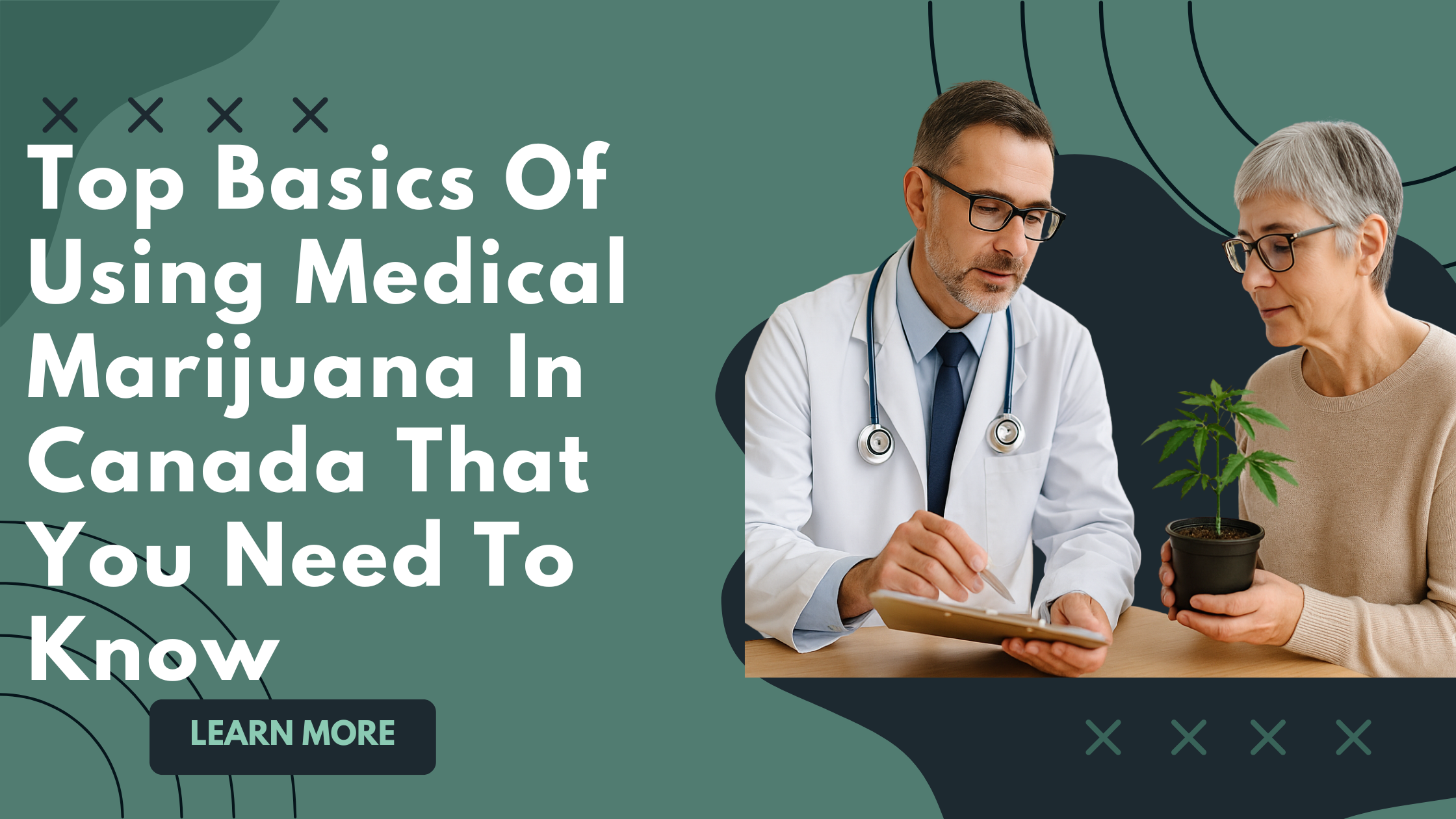
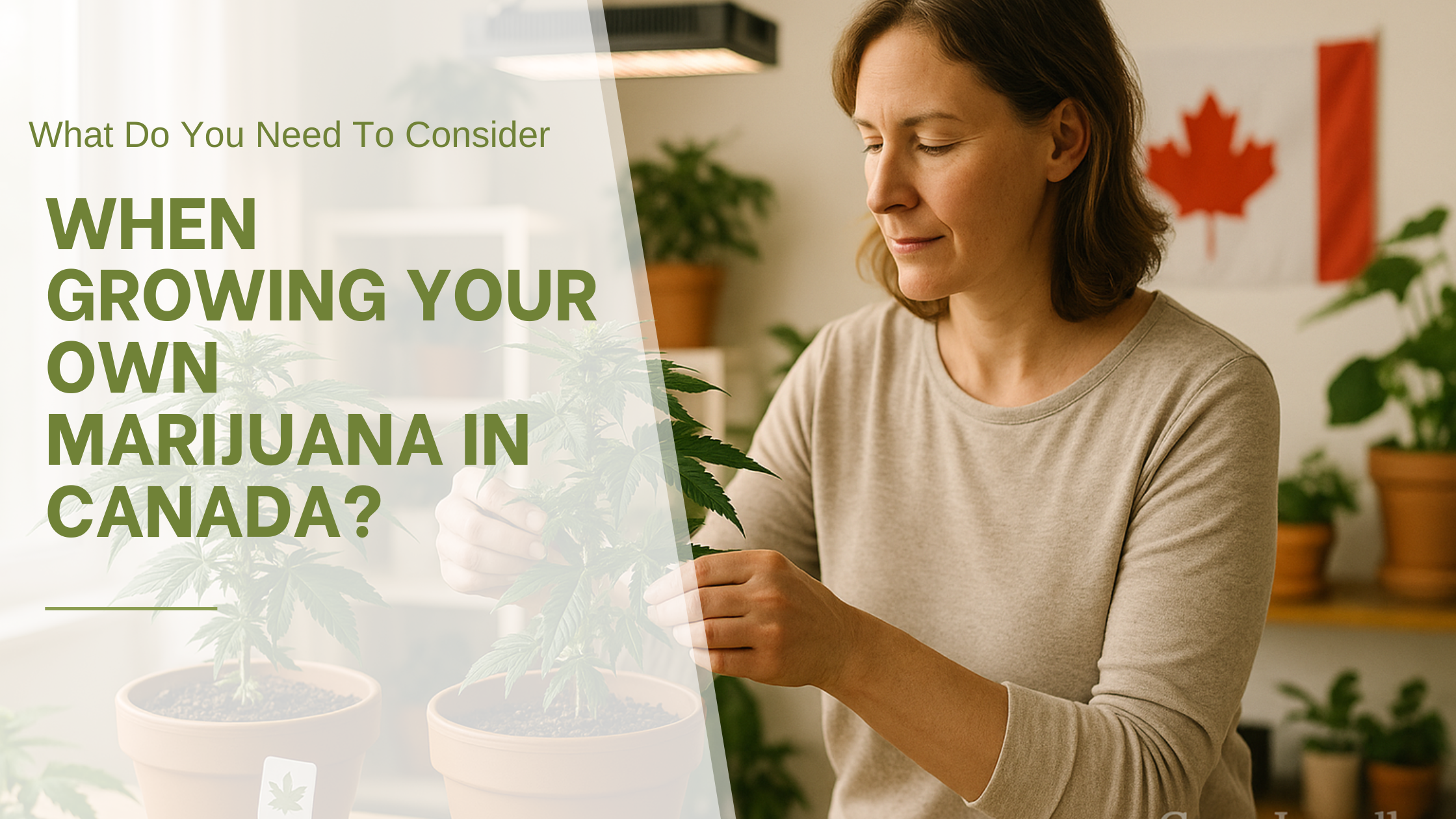
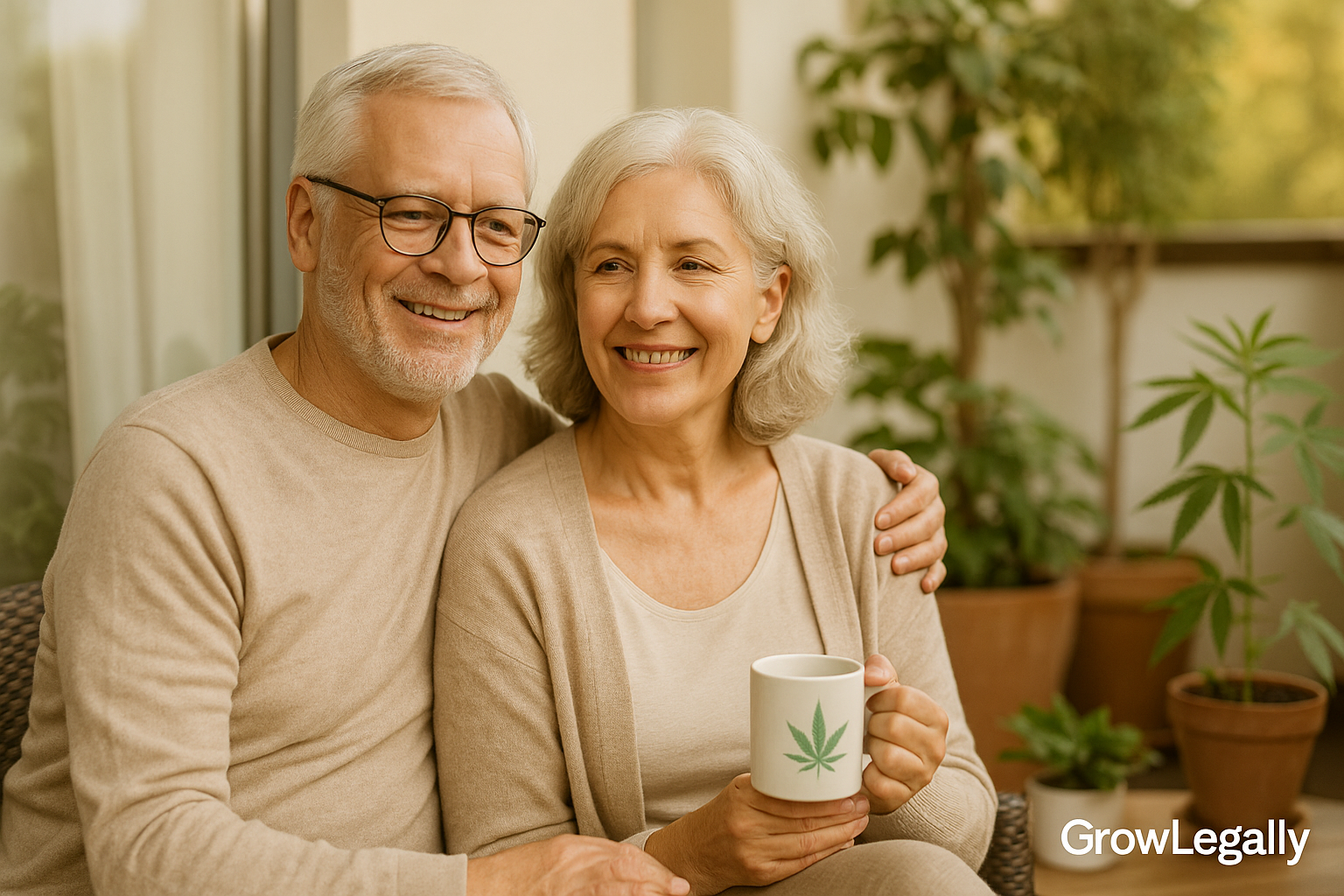

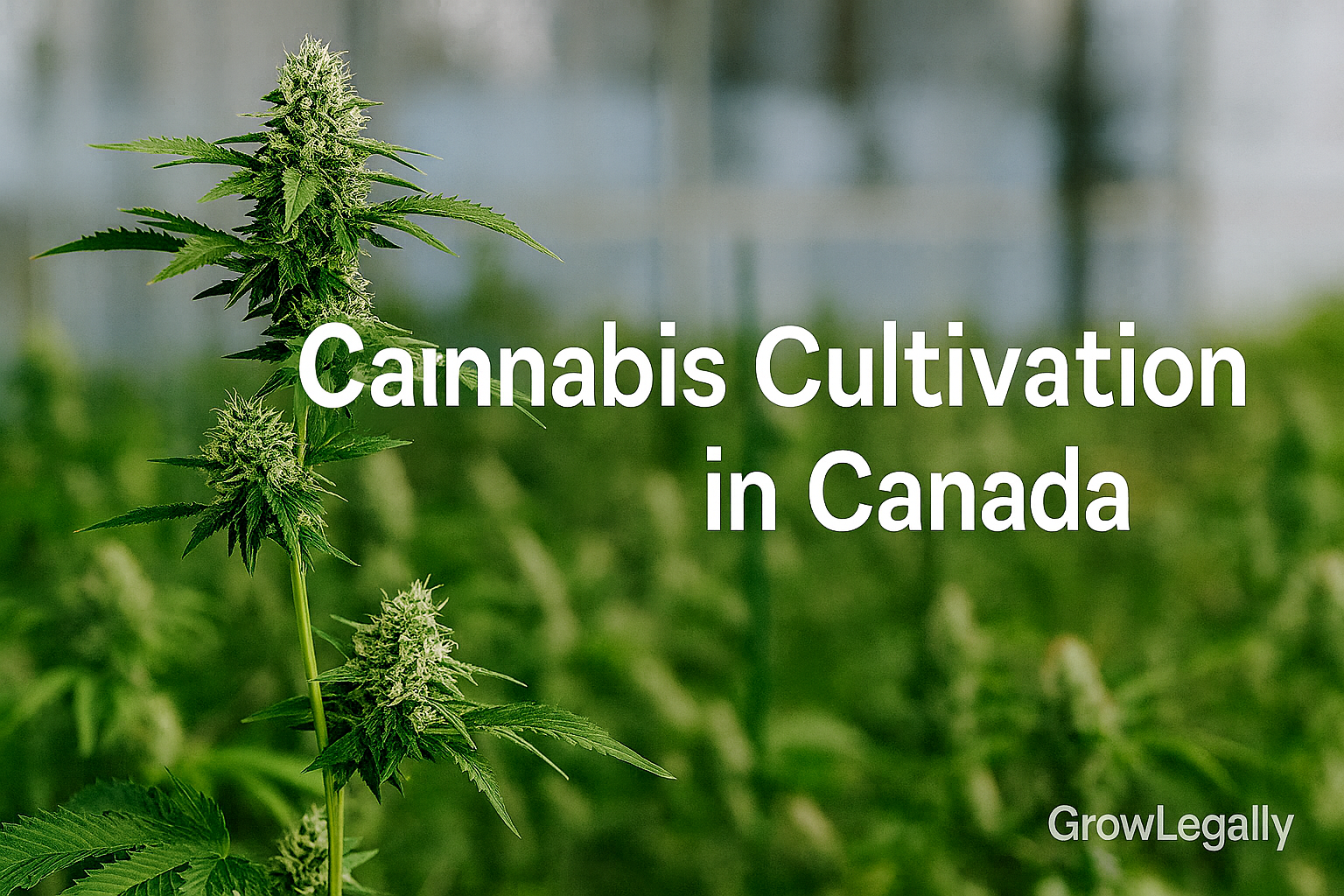
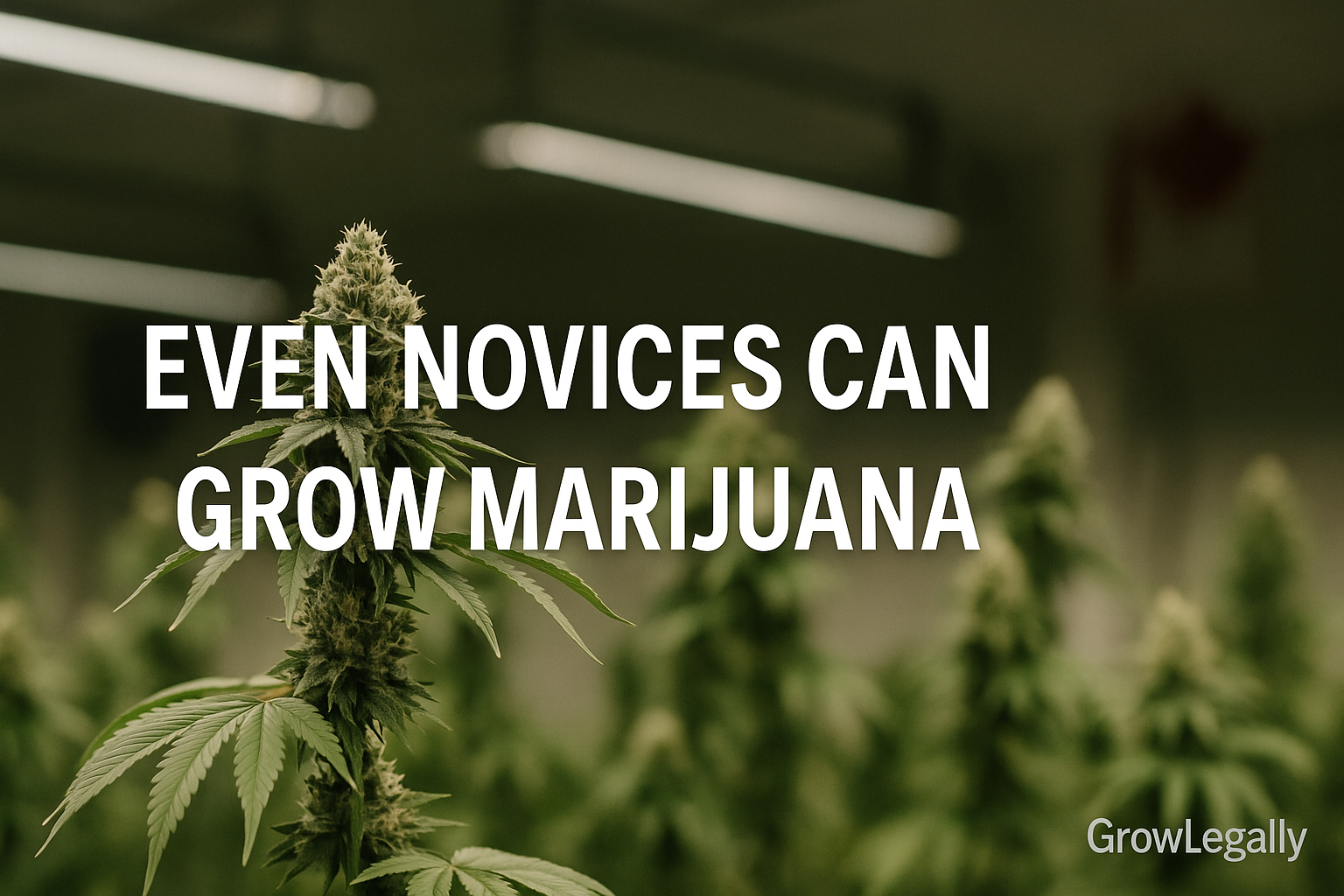


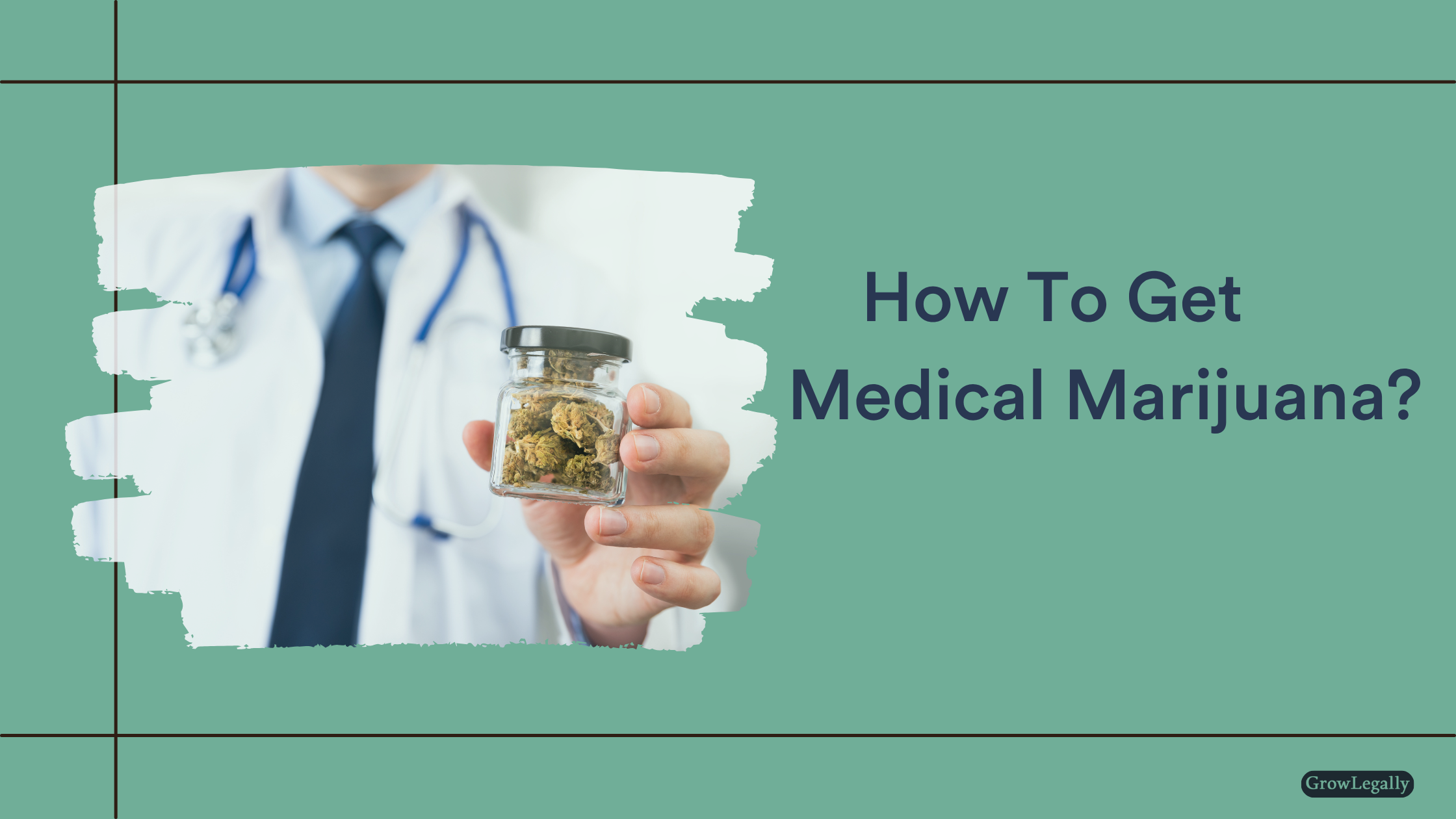

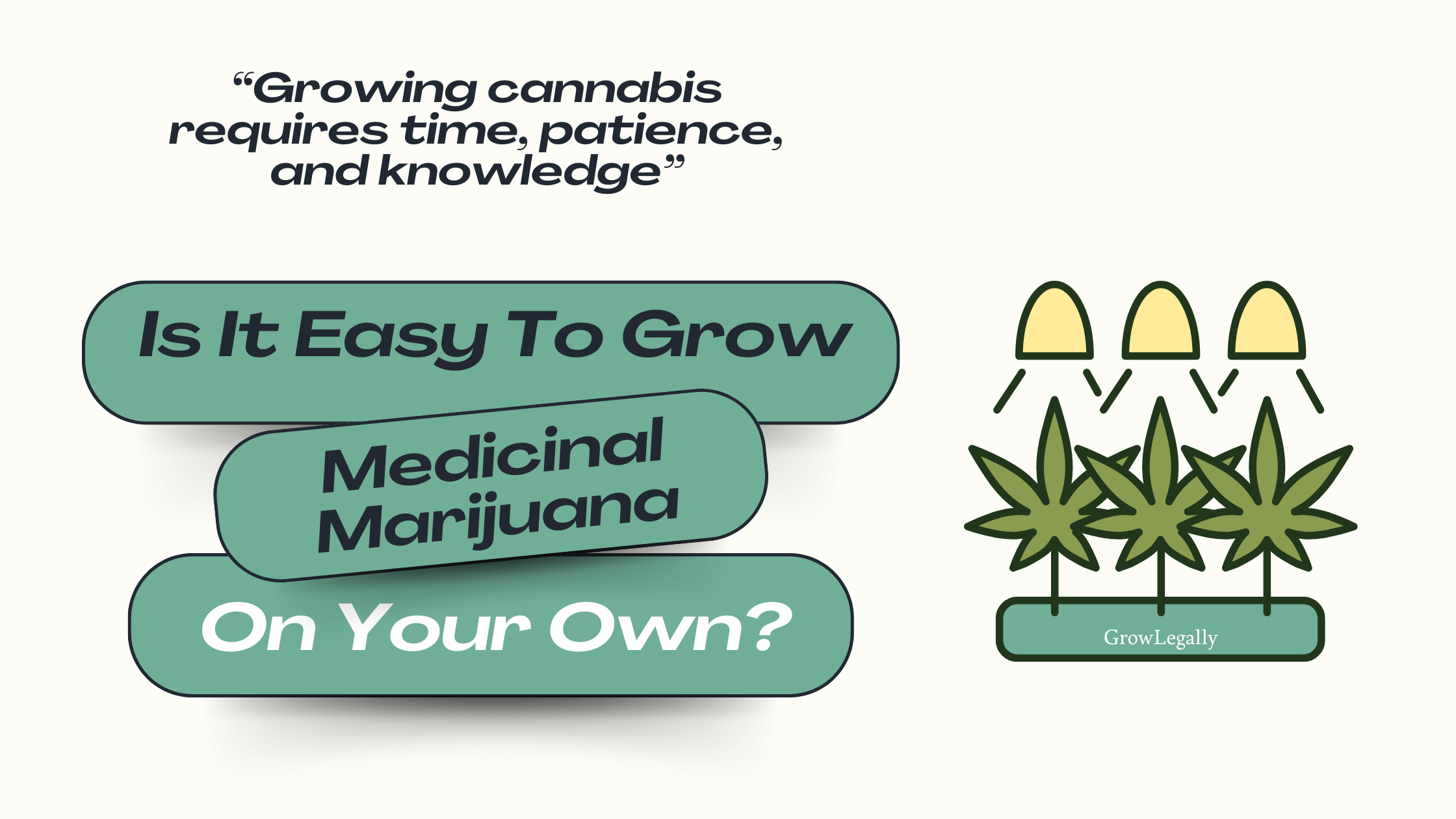
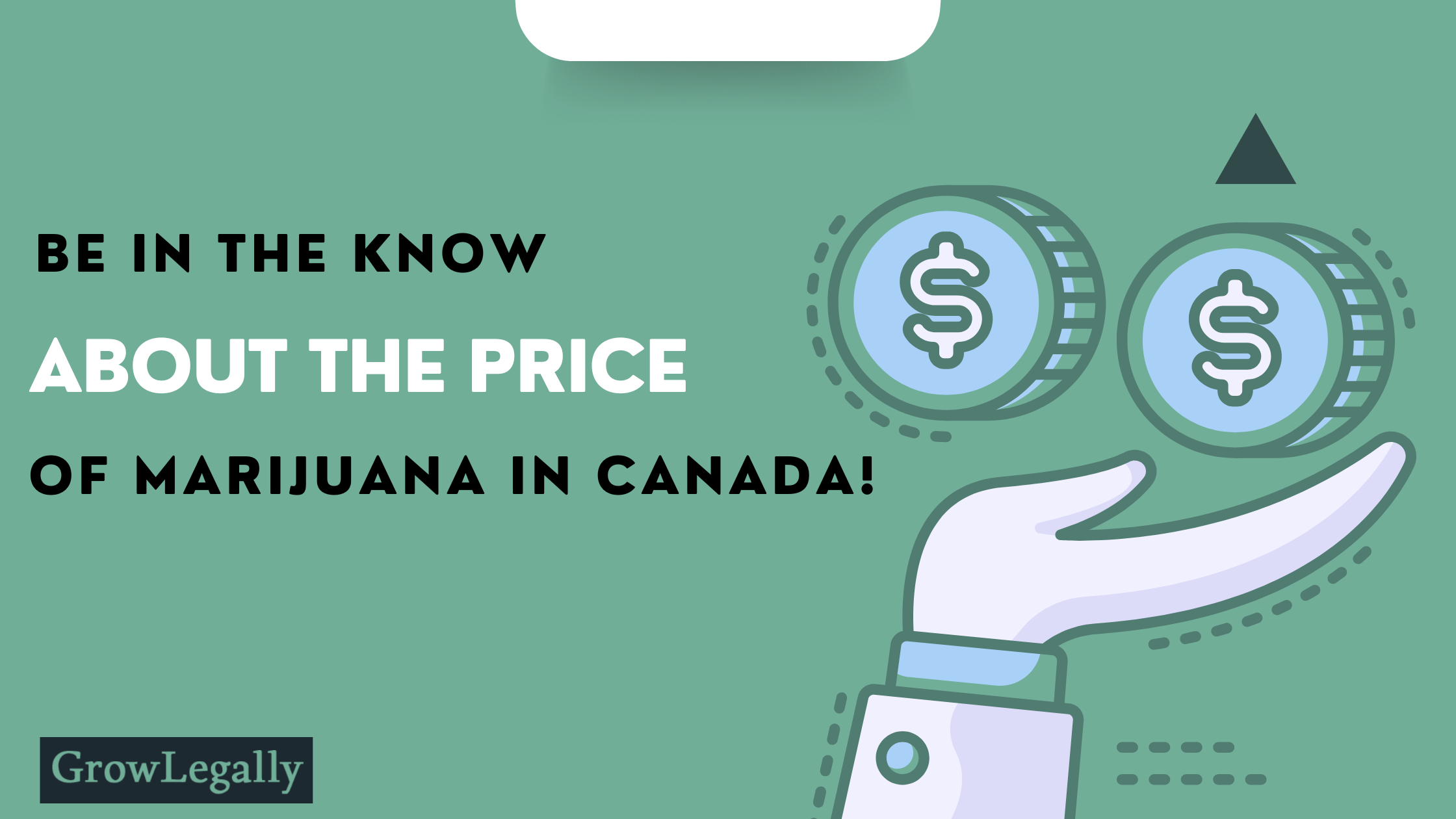





















.png)

















































.png)
















